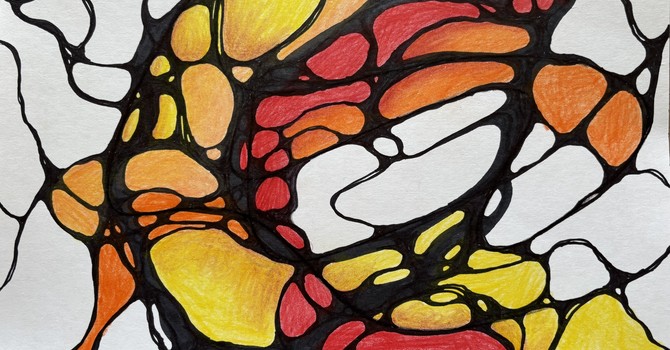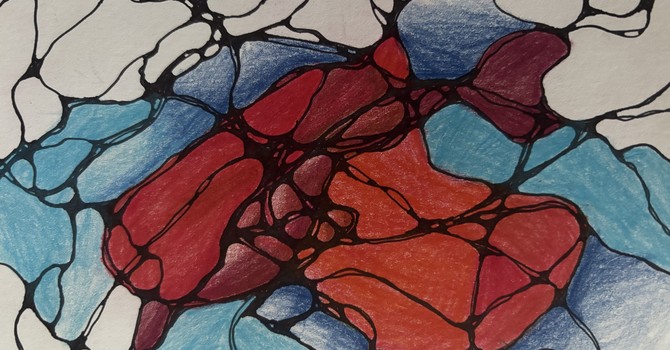
The Power of Breath: Your Key to Managing Stress and Discomfort
In our hectic lives, we often face overwhelming stress and uncomfortable physical sensations. Whether stemming from work pressures, personal issues, or the daily grind, stress can take a toll on both our minds and bodies. Fortunately, one of the simplest yet most effective tools we can use to navigate these feelings is our breath.
**The Breath-Body Connection**
Breathing is an automatic process that we frequently overlook, yet it plays a vital role in our overall health. When stress strikes, our body triggers the "fight or flight" response, leading to shallow and rapid breathing. This shift can create a cycle of anxiety and discomfort, making it challenging to find calm. By consciously focusing on our breath, we can break that cycle and promote relaxation.
**1. Alleviating Stress and Anxiety**
Deep, intentional breathing activates the body’s relaxation response, lowering stress hormones like cortisol. When we take slow, deep breaths, we engage the parasympathetic nervous system, signaling our bodies to relax. This practice is an effective way to combat anxiety, providing a much-needed reset in stressful moments.
**2. Promoting Mindfulness**
Breath awareness is essential in mindfulness practices. By centering your attention on your breathing, you can ground yourself in the present moment, stepping away from racing thoughts and distractions. This shift in focus clears mental clutter, reduces rumination, and fosters a sense of calm, while also increasing awareness of your body and its sensations.
**3. Easing Physical Discomfort**
Stress can often intensify physical discomfort, including tension and tightness. Engaging in conscious breathing techniques helps release built-up tension, promoting relaxation. Deep abdominal breathing, for instance, allows the diaphragm to move freely, enhancing blood flow and oxygen levels, which can alleviate discomfort over time.
**4. Cultivating Emotional Resilience**
Regular practice of breathing exercises can bolster your emotional strength. As you become more aware of your breath, you can effectively manage stress in real-time. This skill empowers you to respond calmly to uncomfortable sensations or anxiety, rather than reacting impulsively. With practice, your breath can become a reliable ally in the face of life’s challenges.
**Effective Breathing Techniques to Explore**
Here are a few easy breathing techniques you can weave into your daily life:
- **Diaphragmatic Breathing:** Find a comfortable position, either sitting or lying down. Place one hand on your chest and the other on your abdomen. Inhale deeply through your nose, allowing your abdomen to rise as you fill your lungs. Exhale slowly through your mouth, feeling your abdomen flatten. Repeat for several minutes.
- **Box Breathing:** Breathe in through your nose for a count of four. Hold your breath for a count of four. Exhale through your mouth for a count of four. Hold again for four counts. Repeat this cycle several times to promote relaxation and focus.
- **4-7-8 Breathing:** Inhale deeply through your nose for a count of four. Hold your breath for a count of seven. Exhale slowly through your mouth for a count of eight. This technique is particularly calming when anxiety triggers arise.
**Conclusion**
Breathing is a powerful yet often underrated tool for managing stress and discomfort in the body. By consciously engaging with your breath, you can foster relaxation, enhance mindfulness, and build resilience against life’s trials. As you incorporate breath awareness into your daily routine, you'll likely find that your stress decreases and your overall well-being improves. Take a deep breath, and remember that you hold the power to influence how you feel—one breath at a time.

Penny Hope
Contact Me



